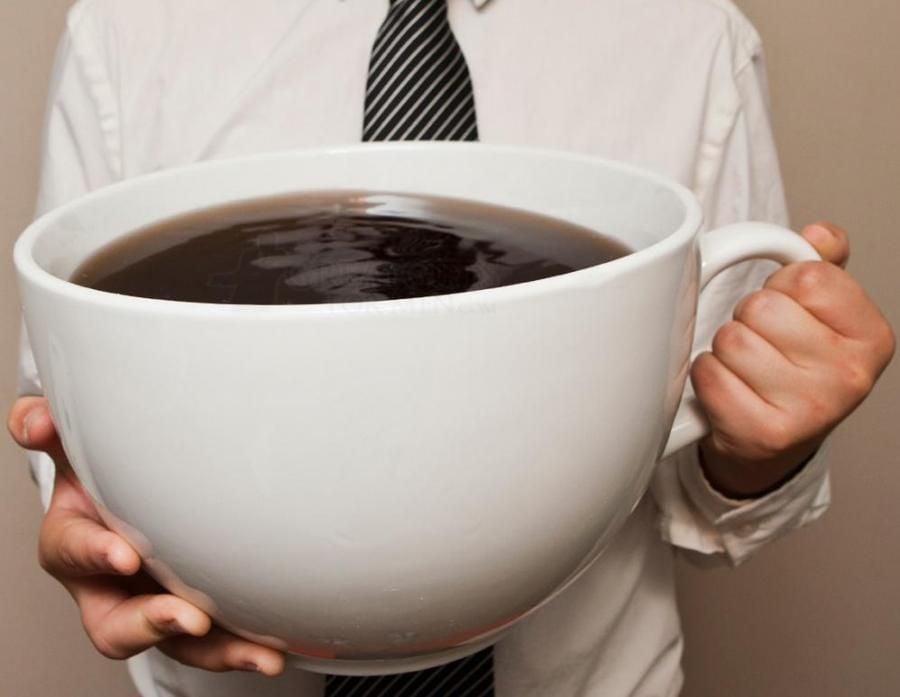Coffee affects the blood by shifting and enabling the muscles. It revs the digestive procedures, hounds away sleep, and provides us the ability to employ a little extended in the drill of our minds. While drinking coffee once in a while is acceptable, too much is said to trigger psychotic episodes.
In psychiatric in-patients, caffeine is seen to raise nervousness, anxiety, and other psychotic manifestations. Studies show that excessive caffeine ingestion may trigger certain psychotic episodes.
What is Caffeine?
Caffeine is considered the most abused psychoactive drug in the world. It is found in more than 60 known species of plants, and dietary references include coffee, tea, cocoa drinks, chocolate, and soft drinks.
Coffee was available in the Middle East in the 13th century and was then introduced into Europe in the early 17th century. Tea was presumably consumed in China before the Birth of Christ and was eventually brought to Europe in the 16th century. (Source: Cambridge University Press)
What are the Adverse Effects of Consuming too Much Caffeine?
Caffeine was initially used to relieve fatigue and enhance mental performance. Consuming too much caffeine leads to a state of intoxication known as caffeinism. This state of intoxication is characterized by restlessness, jitteriness, excitement, rambling thought and speech, and insomnia.
These symptoms can clearly overlap with many psychiatric manifestations. Over the years, the potentially damaging effects of caffeine abuse have been recognized. In the Journal of the American Medical Association, records show that as early as 1900 there have been reports on a conference on Coffee as a beverage: its deleterious effects on the nervous system, at which a contributor complained that most physicians had given the subject little if any attention.
Another contributor asserted that coffee could cause a variety of symptoms, including depression, irritability, insomnia, tremulousness, loss of appetite, and frequent burps of gas/
Four caffeine-interconnected syndromes are recognized in DSM–IV: caffeine intoxication; caffeine-induced anxiety disorder; caffeine-induced sleep disorder; and caffeine-related disorder not otherwise specified. Caffeine pullout is included in the Appendix to DSM–IV under ‘Criteria sets and axes provided for further study. (Source: Cambridge University Press)
What is Caffeine Made Of?
Caffeine is a methylxanthine. The effect of this group of chemicals includes overstimulation of the central nervous system diuresis, stimulation of cardiac muscle, and respite of smooth muscle.
Caffeine initially stimulates the Central Nervous System (CNS) at the level of the cerebral cortex and medulla oblongata. Then only later stimulates the spinal cord. Its effects begin within 1 hour and last for about 3 to 4 hours. Caffeine is rapidly absorbed from the gastrointestinal tract and then metabolized by demethylation and oxidation in the liver.
There is some individual variation in the rate of metabolism; the half-life is reduced in smokers but increased in pregnancy and in females taking oral contraceptives. (Source: Cambridge University Press)
Can You Experience Caffeine Withdrawal?
Withdrawal symptoms from caffeine can be observed in both animals and humans. Some of the well-recognized symptoms include; headaches, irritability, sleeplessness, confusion, nausea, anxiety, restlessness, tremors, palpitations, and increased blood pressure.
The withdrawal symptoms are often gradual and get worse by the second to the third day, and eventually recedes after. (Source: Cambridge University Press)
